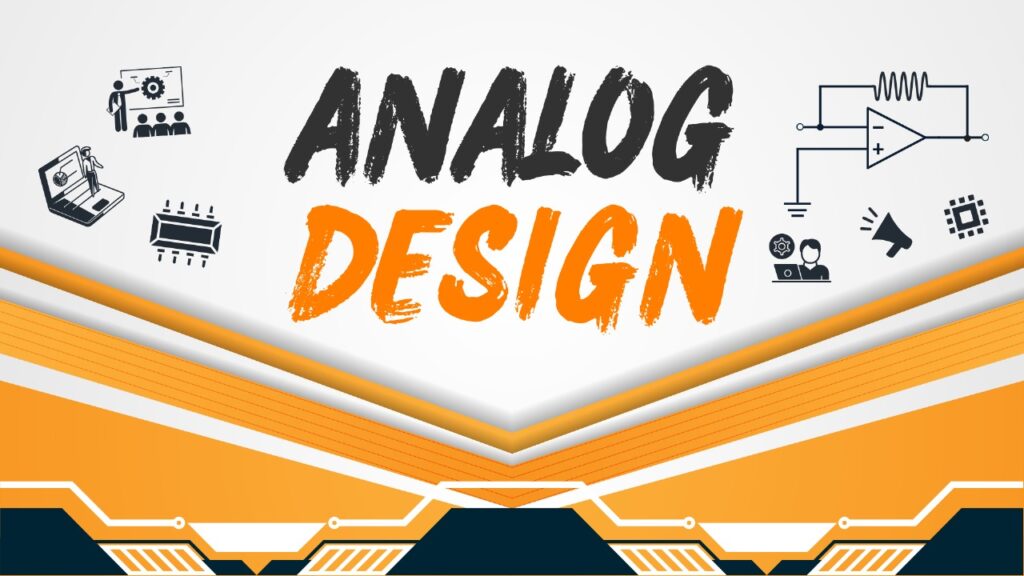Module 1: Ohm’s Law and Network Theory
- Ohm’s law
- Resistance, Capacitance, Inductance
- Network reduction
- Thevenin and Norton, Superposition
- Kirchhoff’s current & voltage law
- Charge-current relation
- Power-energy relation
Module 2: RLC Filters
- Capacitor charging and discharging
- Low pass filter, High pass filter
- Integrator, Differentiator
- Second order systems
- Band pass filters, Stop band filters
- All pass filters
- Frequency domain analysis & bode plot
- Time domain analysis
- Thevenin’s equivalent voltage and resistance
- Open circuit time constant method
- Charge conservation and sharing
Module 3: Operational amplifiers and its derivative circuit
- Open loop opamp
- Inverting mode
- Non-inverting mode
- Differential mode
- Current to voltage convertor
- Voltage to current convertor
- Voltage follower
Module 4: Multivibrators
- Schmitt triger
- Bistable
- Monostable
- Astable
Module 5: Physics of semiconductor
Section 1: Fundamental
- Working of diode
- Working of BJT
- Rectifiers
- Clipper and clampers
- Voltage doubler
Section 2: Advance
- Working of MOSFETs
- Second order effects
- Threshold voltage
- MOSFET as a switch
- Long channel vs short channels
- IV characteristics
- MOSFET as a cap
- CMOS invertors and switching characteristics.
Module 6: Single stage amplifiers
- Basics of Single Stage Amplifiers
- Common source & Common gate stage
- Source degeneration
- Source follower
- Cascode stage
- Frequency analysis
Module 7: Current mirrors
- Basic current mirror
- Cascode current mirror
- Wide swing current mirror
- Self-bias current mirror
- Wilson current mirror
- Mismatch in current mirrors
Module 8: Differential amplifiers
- Single ended and differential operation
- Common mode response
- Active load diff amp
- Mismatch in diff amp
Module 9: CMOS operational amplifier and frequency compensation
- One stage amplifier,
- Two-stage amplifier
- Folded cascade amplifier
- Telescopic amplifier
- Gain boosting.
- Common mode feedback
- Input common mode range.
- Slew rate.
- Power supply rejection
- Multi-pole systems
- Compensation techniques
- Miller compensation
- Two stage amplifier compensation
Module 10: Complex Analog circuits and feedback theory
- Types of feedback
- Bandgap circuit
- LDOs
- Voltage to current converters
- Oscillators
- Charge pumps
- Equalizers
- Active inductors
- Phase and frequency detectors
- Phase lock loops
- Samplers/Slicers
- Pole zero analysis for all circuits
Module 11: Non-linearity, Noise and Mismatch
- Noise in single stage
- Noise in differential stage
- Non-linearity in differential circuits
- Offset cancellation.
Module 12: Layouts
- Fabrication steps
- Interconnects, Design rules
- Antenna effect, Electro-migration
- IR drops.
- Symmetry
- Latch up
- Substrate coupling
Module 13: Industry Standard Projects
Q- Who is giving this training?
ANS: This training is being conducted by "VLSI EXPERT PVT. LTD.".
Q:- What is going to be the mode of delivery of this training?
ANS: This is an Instructor-Led Online Training.
Q: - What if I miss a session?
ANS: No issues, if you miss a session the same will be available on our online platform and you can go through it as many times as possible, though the instructor won’t be available to solve your queries.
Q: - Is it a Certification Course?
ANS: - Yes this is a certification Course.
Q: - Who will give the training Certificate?
ANS: - The training Certificate will be given by "VLSI EXPERT PRIVATE LIMITED".
Q: - Is it a Placement Oriented Program?
ANS: - No, This is not a placement-oriented program. This program is a Level 2 Program which is to upskill candidates.
